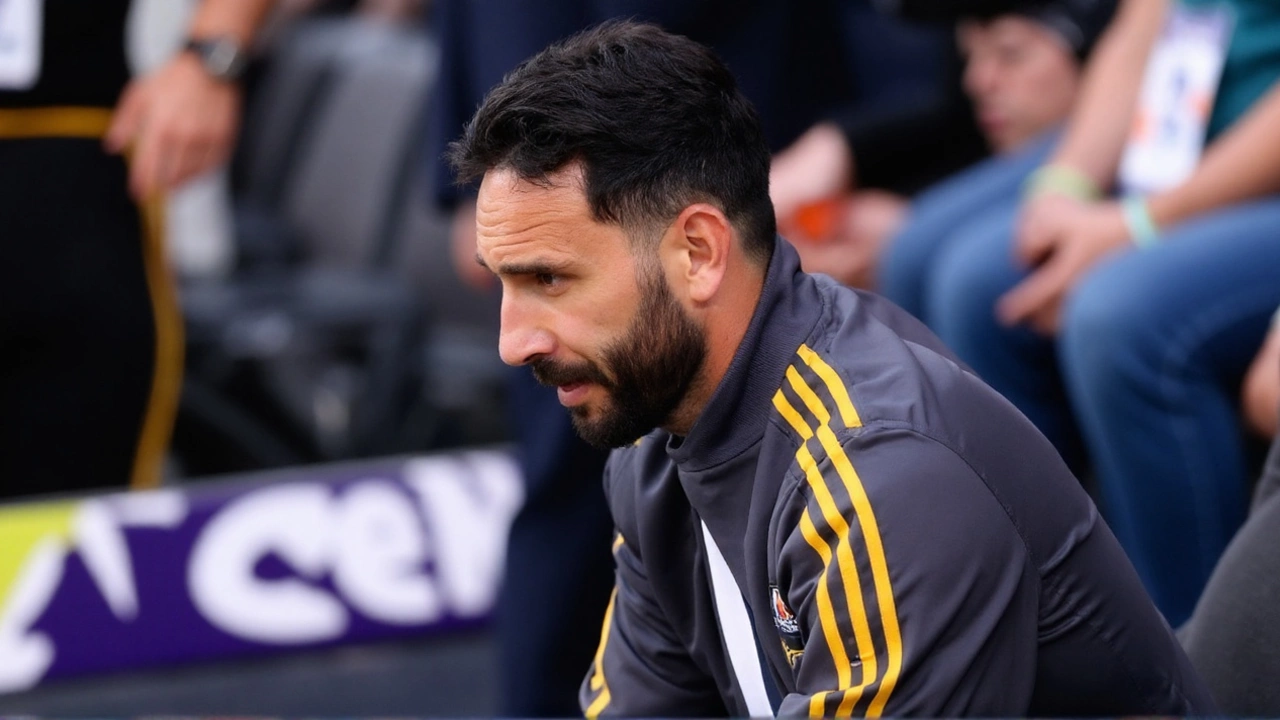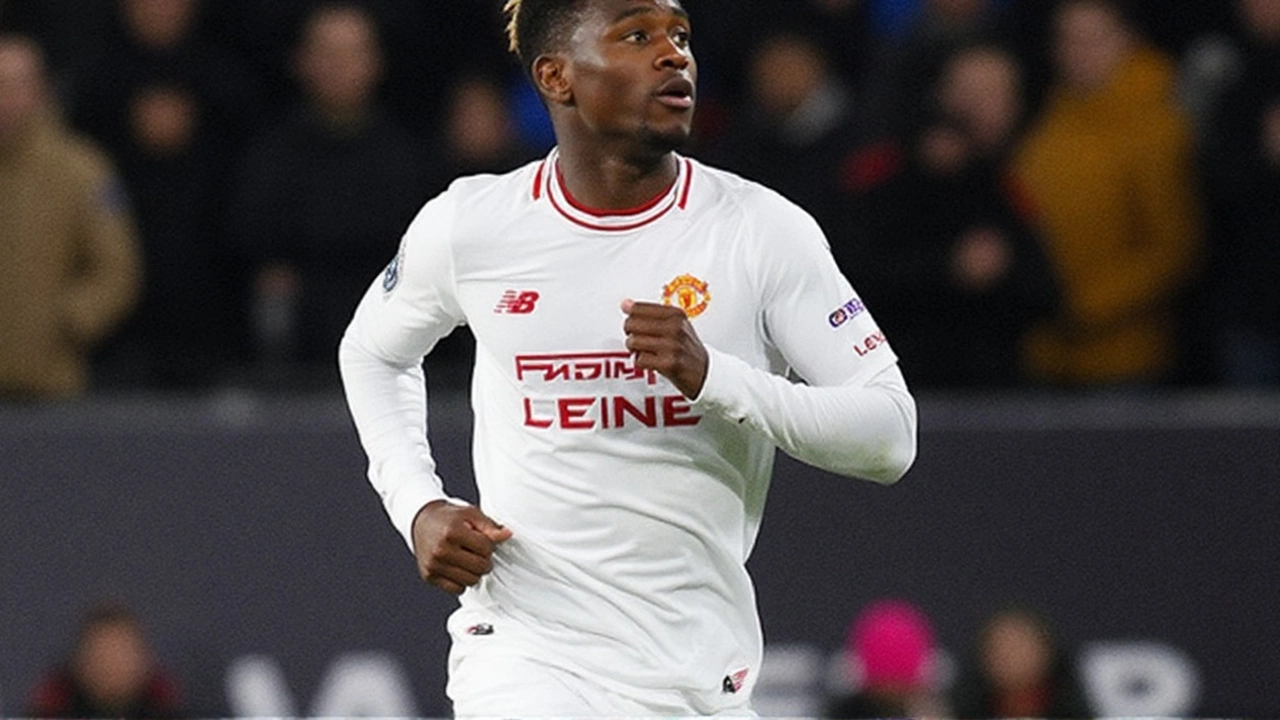A selection call that jars with the mood
Two games into a new season, one point on the board, and the most talked‑about player at Old Trafford hasn’t played a minute. That’s the backdrop to Ruben Amorim’s early weeks in charge, as Kobbie Mainoo watched from the bench against Arsenal and Fulham while the manager leaned on Casemiro, Bruno Fernandes and new arrival Manuel Ugarte. For a fanbase that saw Mainoo surge through last season and onto the international stage, the optics sting.
Amorim has framed the choices as tactical, not personal. At the Emirates, he wanted stability behind Fernandes in a hostile away opener; at Craven Cottage, with the game tight at 1-1, he opted for defensive changes to manage transitions rather than a late roll of the dice in midfield. There’s logic there: Ugarte is a true ball-winner, Casemiro brings leadership, and Fernandes remains the creative hub. But the complete lack of minutes for Mainoo — twice — cuts against the mood around a player widely viewed as key to smoothing United’s possession.
Strip away the emotion and the football case for Mainoo is straightforward. He takes the ball under pressure, plays forward quickly, and changes tempo without fuss. That profile matters for a side that too often struggles to connect defence and attack. It’s why the conversation isn’t just about a teenager’s potential; it’s about what his skill set fixes right now.
There’s also the human layer. Mainoo carried a heavy workload last season and then featured on the international stage in the summer. Staff managing minutes in August would not be unusual. But there’s been no suggestion of an injury. Which brings the debate back to selection and trust: is Amorim bedding in his structure first, or does he simply see a different best XI at this moment?
Supporters have picked apart the choices. At Fulham, Fernandes briefly dropped into a double pivot with Mason Mount before Ugarte entered, a move that underlined the manager’s preference hierarchy. When the game state demanded control rather than chaos, some expected Mainoo to be the answer. He wasn’t. Twice in a week.

Contract, window pressure and what happens next
Questions about the player’s future followed fast. Briefings around the club stress there’s no contract dispute: Mainoo signed a long-term deal last year and remains central to the project. Amorim’s stance, as relayed by insiders, is that selection is about roles and game plans, not negotiations. Even so, reports that the midfielder is open to leaving if his minutes don’t improve have dialled up the pressure with the window in its final stretch.
This is where football reality meets accounting. Academy graduates count as pure profit under the league’s financial rules, a fact every club executive knows too well. Selling a homegrown star would help a balance sheet — and spark a riot. The political cost would dwarf the short‑term gain. The likelier questions are different: could a loan be floated? Would guarantees over role and minutes be enough to steady nerves? Right now, the tone from Carrington is that Mainoo is not for sale and remains part of the plan.
Amorim still has routes to bring him in smoothly. The manager can:
- Start Mainoo in a home game to set the rhythm early, then manage minutes late.
- Use him as the deep midfielder with Ugarte rotating situationally, protecting the back four without ceding the ball.
- Flip the shape so Fernandes plays higher between the lines while Mainoo partners a ball-winner in a clearer double pivot.
- Target specific fixtures — especially before the international break — to lock in chemistry rather than chasing it mid‑match.
Squad politics matter too. Casemiro’s experience still counts, but at his age he may not start three games in eight days across league and cup. Ugarte’s aggression can pair with Mainoo’s press resistance. Mount offers legs and runs beyond. There’s a workable balance here that doesn’t sideline a breakout talent.
The fan angle is unavoidable. Patience is thinner when results are thin. A draw and a loss drag selection debates into the spotlight because points are the currency that buys time for a manager’s ideas. Give Mainoo a start and a role that plays to his gifts, and much of this noise fades.
There’s a wider symbolism, too. This team has spent years trying to build an identity while oscillating between short‑term fixes and long‑term planning. Integrating Mainoo cleanly is more than a line‑up tweak; it’s a statement about the kind of football Amorim wants to live by. If he wants a side that keeps the ball and controls games, the pathway is obvious.
None of this changes the blunt arithmetic. One point from six leaves Manchester United chasing early. The calendar doesn’t wait, and the window won’t stay open. Amorim can hold to his first‑week logic, or he can fold Mainoo into the plan now and let the football answer the question everyone keeps asking.
